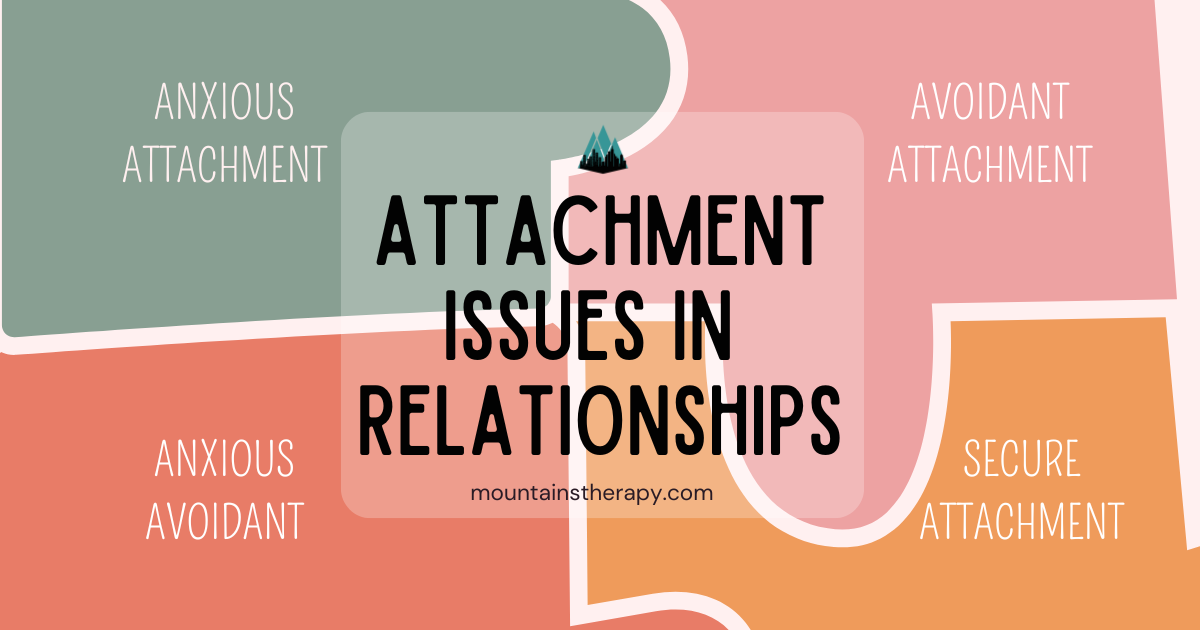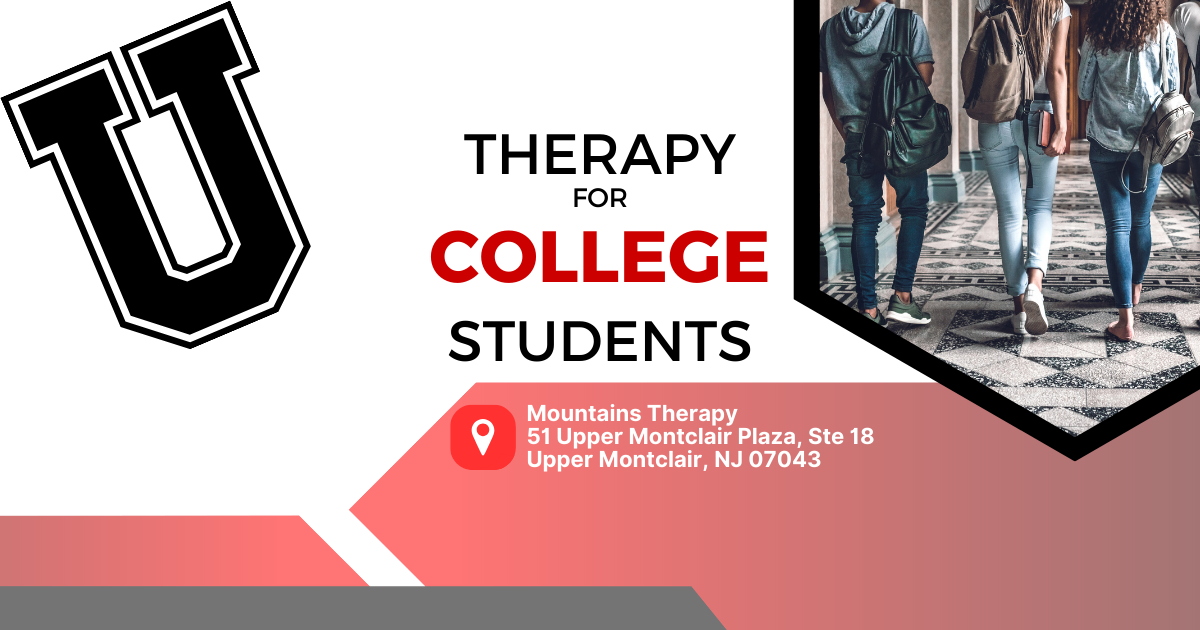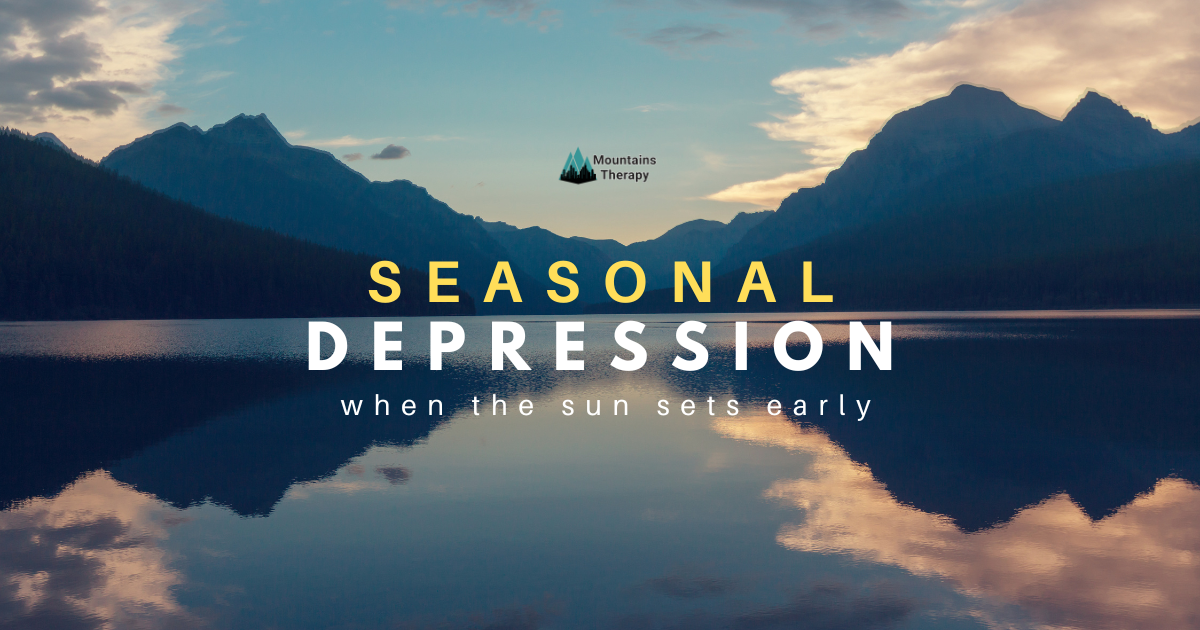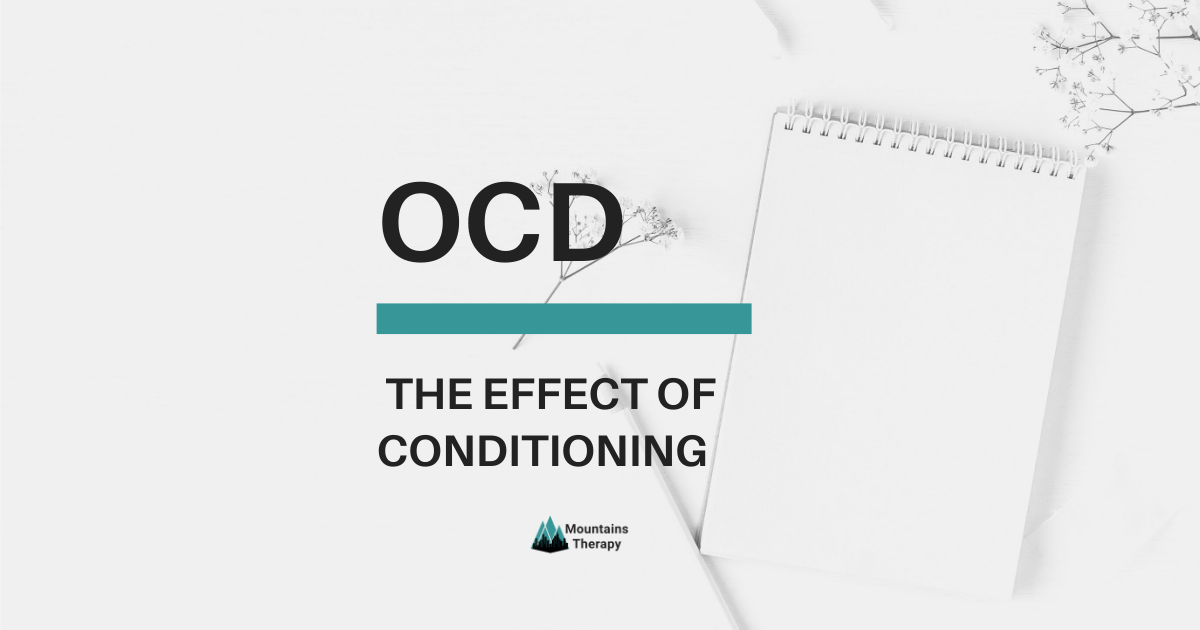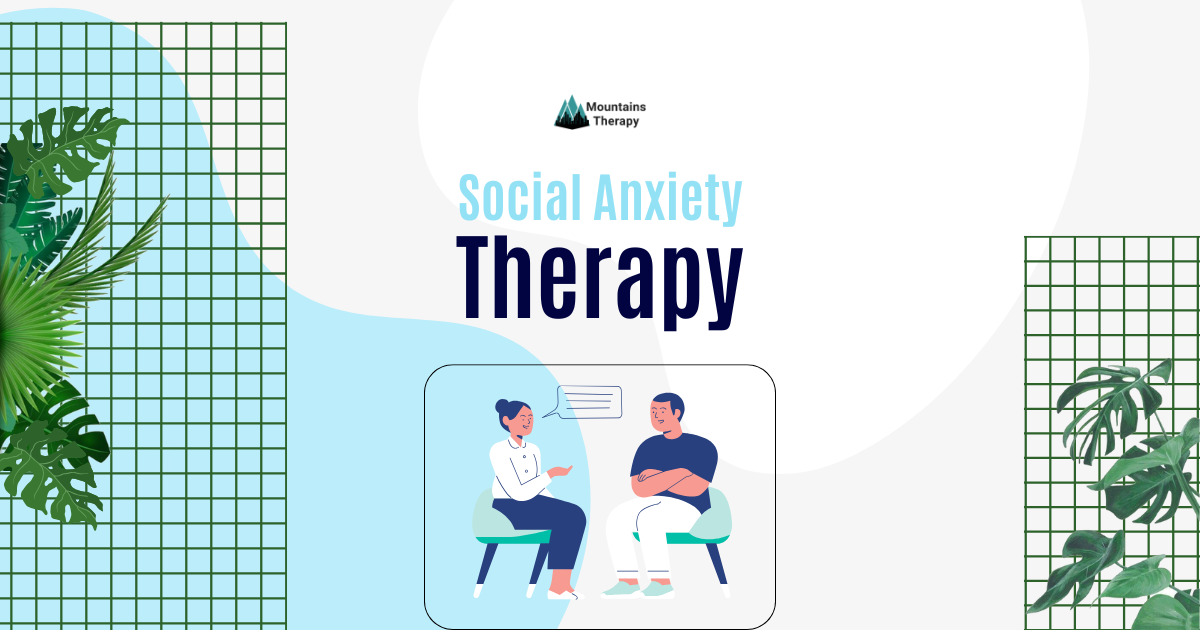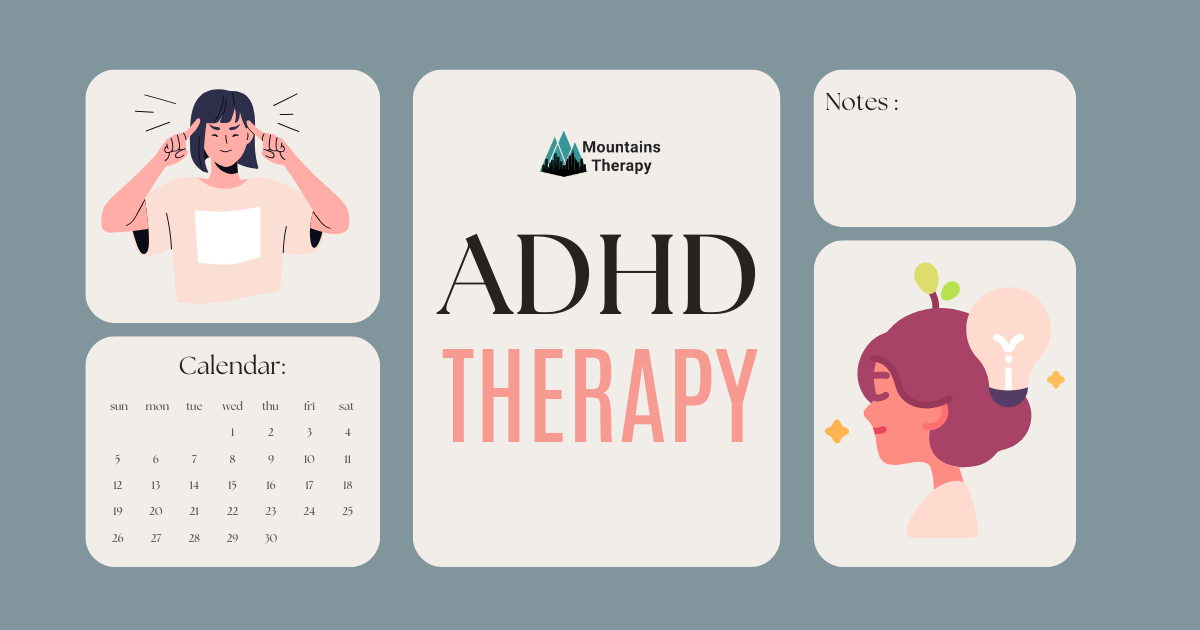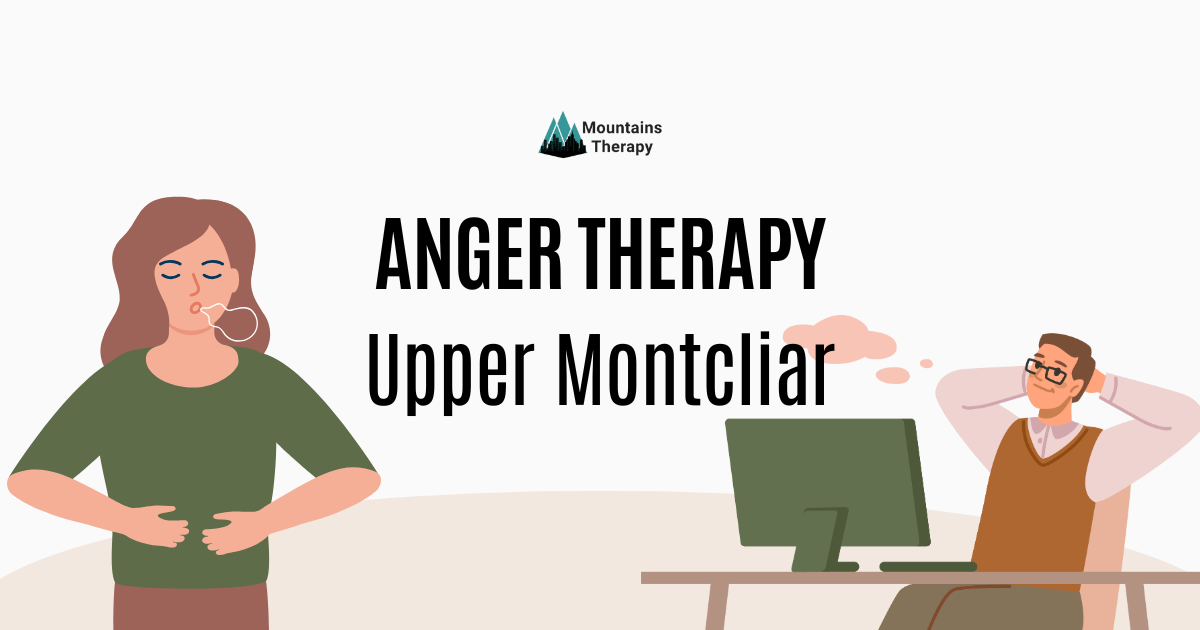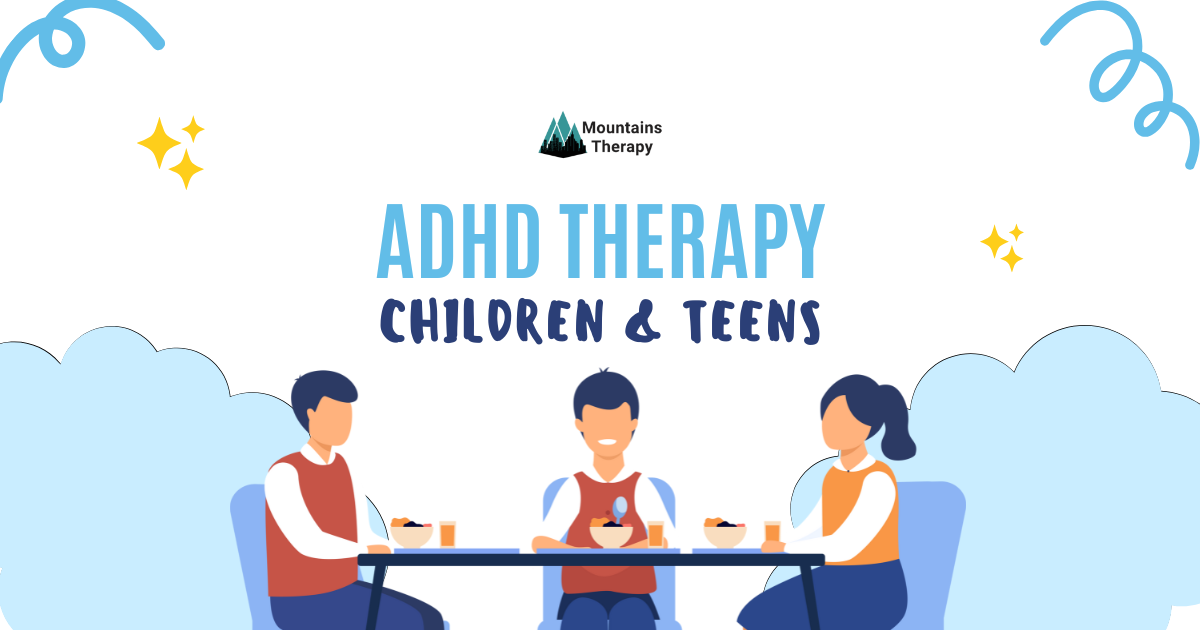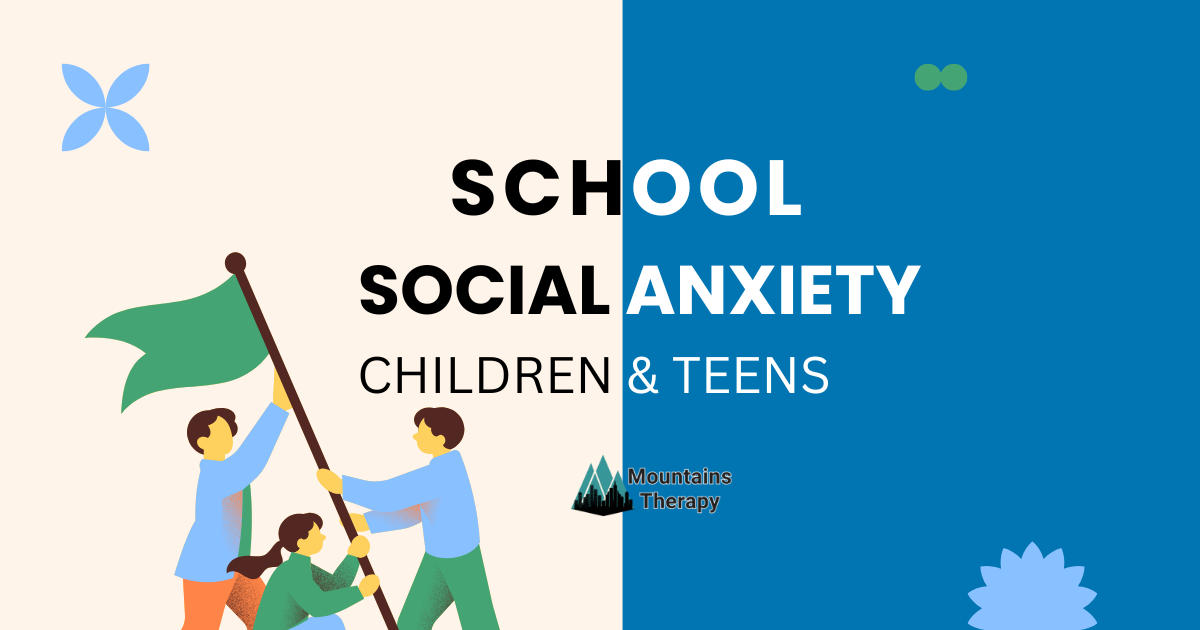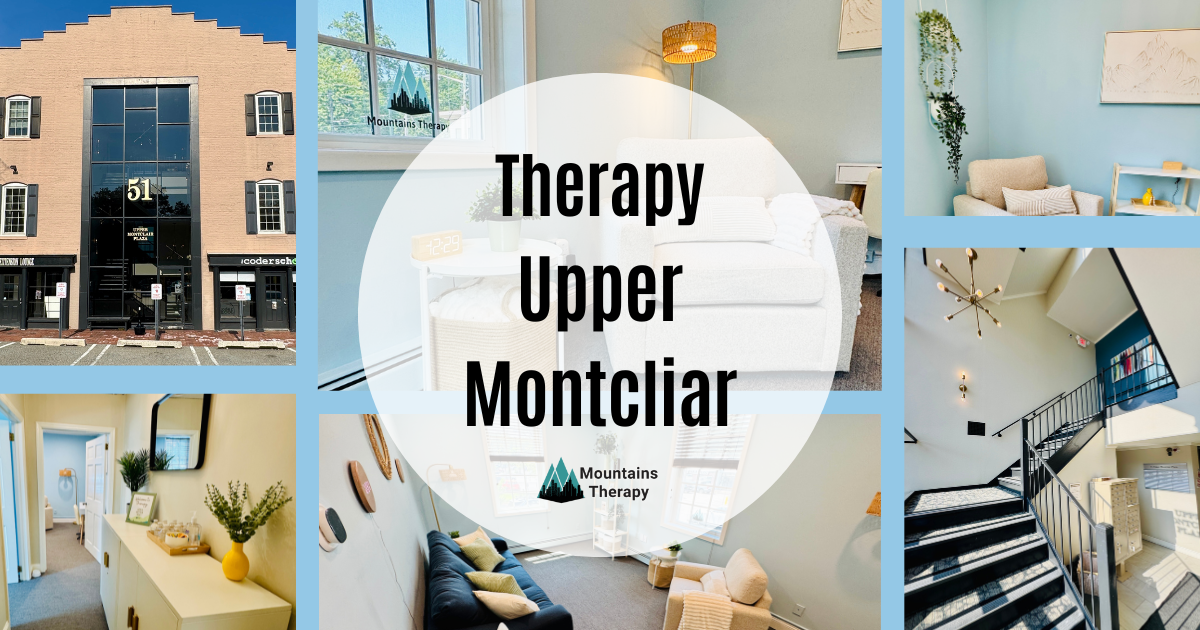Attachment Issues in Relationships: What They Are & How to Heal
Learn more about Individual Therapy for Attachment Issues and Relationship Therapy.
In This Blog, You’ll Learn:
- What attachment issues in relationships look like
- How attachment issues develop and why they matter
- The different types of attachment styles and how they contribute to relationship issues
- Ways to heal and build healthier connections
- The impact of attachment issues on mental health and well-being
- How therapy can help in healing attachment style issues
At Mountains Therapy in NJ, we work with individuals and couples to explore how early experiences shape their emotional connections. Whether you’re looking for the best therapist Montclair NJ, the best counselor near me, or just someone who understands what you’re going through, we’re here to help. If you've been searching for voted best therapy or voted best therapist, you've come to the right place.
What Are Attachment Issues?
So, what do attachment issues look like? Simply put, they’re patterns of emotional connection that stem from early relationships, usually with caregivers, that carry into adulthood. These patterns can make it difficult to form healthy bonds with romantic partners, friends, or even family members. If you’re wondering, are attachment issues bad in a relationship?, the answer is: they can be challenging but not impossible to work through.
How Do Attachment Issues Develop?
You might be asking, where do attachment issues come from? or how are attachment issues formed? They typically stem from childhood experiences, such as inconsistent caregiving, trauma, neglect, or even overprotectiveness. Over time, these experiences shape how we view relationships and whether we feel safe relying on others.
For those wondering why do attachment issues develop?, the answer lies in the brain’s early wiring. If caregivers were unpredictable or unresponsive, a child’s nervous system learns to be on high alert, leading to difficulties in trusting others later in life. This is why attachment issues can cause anxiety and even attachment issues can cause depression in adulthood.
Different Types of Attachment Styles
Understanding what attachment issues mean can help you recognize patterns in your own life. Psychologists have identified four main attachment styles, each with its own impact on relationships:
Secure Attachment Styles
- People with secure attachment feel comfortable with closeness and independence.
- They trust their partners and navigate relationships with a sense of security and confidence.
- This is the healthiest attachment style and rarely causes relationship issues.
Anxious Attachment Style
- You may constantly worry about your partner leaving, need reassurance, or fear abandonment.
- This can lead to clinginess, overanalyzing behaviors, and emotional ups and downs in relationships.
- For example, someone with an anxious attachment style may send multiple texts to their partner if they don’t respond quickly, fearing rejection or abandonment.
Avoidant Attachment Style
- You might feel uncomfortable with too much closeness, shut down emotionally, or prefer independence over intimacy.
- Avoidantly attached individuals often struggle with emotional vulnerability and may push partners away.
- For example, if their partner expresses a need for emotional support, they may withdraw, fearing dependence or feeling overwhelmed by intimacy.
Anxious Avoidant Style (aka Disorganized Attachment Style)
- A mix of both anxious and avoidant tendencies, where you crave connection but fear it at the same time.
- This attachment style is often rooted in childhood trauma and can cause deep emotional conflicts in relationships.
- Someone with a disorganized attachment may alternate between needing intense closeness and suddenly withdrawing due to fear of getting hurt, creating a cycle of instability and emotional confusion in their relationships.
Can Attachment Issues Be Fixed?
The good news? Attachment issues can be healed. Therapy provides a safe space to explore past wounds, build self-awareness, and develop healthier patterns in relationships. If you’re wondering how to fix attachment issues, here are a few ways therapy can help:
- Recognizing Triggers – Understanding what makes you feel insecure in relationships can help you respond more mindfully.
Can Attachment Issues Be Fixed?
Yes! Attachment issues can be healed. Therapy provides a safe space to explore past wounds, build self-awareness, and develop healthier patterns in relationships. If you’re wondering how to fix attachment issues, here are a few ways therapy can help:
Recognizing Triggers
- Understanding what makes you feel insecure in relationships can help you respond more mindfully.
- By keeping track of situations that bring up feelings of fear, insecurity, or avoidance, you can start identifying patterns.
- Therapy can provide coping strategies, such as mindfulness exercises or journaling, to help you process and navigate emotional triggers in a healthier way.
Healing Past Wounds
- Processing past experiences can reduce emotional baggage.
- Many attachment issues stem from early childhood experiences, and therapy offers a safe environment to explore and address them.
- Through techniques like cognitive behavioral therapy (CBT) or emotion-focused therapy (EFT), you can work through painful memories and shift harmful relationship patterns.
Building Secure Connections
- Learning new communication and coping skills can help you feel more confident in relationships. Secure relationships require healthy boundaries, trust, and effective communication.
- Therapy helps develop these skills by practicing assertiveness, emotional regulation, and strategies for expressing needs without fear of rejection or over-dependence.
Exploring Root Causes
- Working with a therapist or counselor can help uncover the deep-seated reasons behind attachment struggles.
- Exploring early relationship dynamics, identifying recurring fears in partnerships, and recognizing self-sabotaging behaviors can be key steps toward healing.
- Gaining self-awareness can help break the cycle of unhealthy attachment patterns and foster more secure, fulfilling relationships.
Many clients ask, can attachment issues go away? While deep-seated patterns take time to shift, with the right guidance, change is absolutely possible. If you're wondering can attachment issues be cured, the answer is that while they may not disappear overnight, therapy helps you create new, healthier relationship patterns over time.
Why Therapy is the Key to Healing
Therapy is one of the best ways to address attachment challenges. A skilled therapist or counselor can help you navigate past wounds and learn how to create healthier emotional bonds. Whether you're seeking the best therapy near me, best counseling near me, or simply a place where you feel understood, professional support can make all the difference. Many people worry, are attachment issues a red flag? The truth is, recognizing them is the first step to healing. Everyone has relationship patterns shaped by their past, but acknowledging them and taking steps toward change is what truly matters.
Finding the Right Therapist for Attachment Issues
If you’re ready to work through attachment challenges and build healthier relationships, therapy can be a transformative step. At Mountains Therapy NJ, we’re committed to providing the best therapy near me, helping clients break free from old patterns and form fulfilling connections. Whether you’re searching for the best therapist near me, best therapy near me, or simply want a supportive space to work through your emotions, we’re here to help. Healing is possible, and you don’t have to do it alone. Interested in learning more? Reach out today and take the first step toward a healthier, more secure relationship. Your journey to healing starts here.

